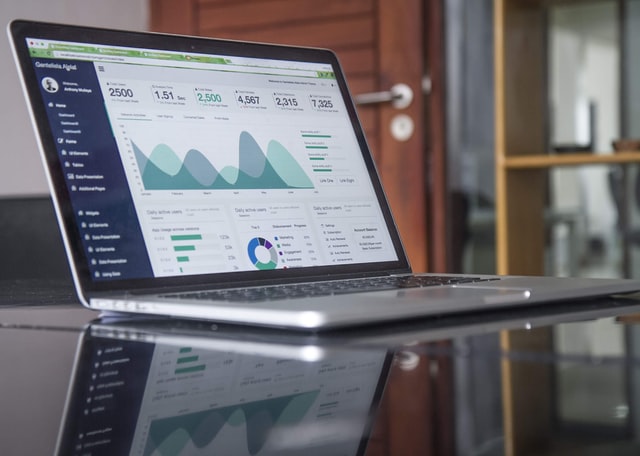Technical Skills all Business Analysts should Possess
It is essential for a BA to have adequate technical skills to be well-positioned in the job market and to understand the technical capabilities associated with the products. This helps the BA to understand the technical requirements and translate those to business requirements. During the early stages of feature planning, this knowledge will help the BA to understand the technical background needed for the feature/ product.
Below are important technical skills that every BA should possess
1.0 Technology
It is important for a business analyst to know different types of applications, possible outcomes, and technical capabilities.
Therefore BA should
- Have a sound appreciation of what IT applications are currently available and what are the new capabilities/functionalities with the development of technology
- Understand key industry trends
- Understand what the latest technology innovations have to offer
Some Technical areas a BA in IT industry should know

- Application Types (Standalone, Web, Mobile)
- Operating Systems
- The basic architecture of web applications (API, BFF, FE, Backend, Microservices, Servers, AWS components)
- Version Controlling (git, bitbucket, pull requests, merge, branch)
- Programming Languages (javascript, react, node, python)
- Databases (MySQL, mongo, elasticsearch)
- Cloud Services (Servers, ELB, Docker)
- Testing (Unit, Integration, feature, regression, automation)
- Network Protocols
- Security
- DevOps
These are some generic applications and tools that BAs use
- Microsoft Office – Includes the MS Word, MS Visio, MS PowerPoint, MS Outlook and MS other applications
- MS Excel – these stills are very important and essential
- Software Design Tools
- SQL Queries
- UML and various Modeling and diagramming Tools
- Rational Rose
- Star UML
- Enterprise Architect
- BPM tools
- MS Visio
- BizAgi
- Requirements Management Tools
- OSRMT — Open source Requirements management tool
- DOORS
- Rational Requisite pro.
- Mind maps
- Prototyping tools
- Pencil
- iRise
- Smart Draw
- Balsamiq
2.0 Research
Research is the first step when addressing a business problem. Research helps to gather information and statistical data needed to form a solution.

Some areas that a BA will have to conduct extensive research
- Competitive market analysis
- Research needs to be conducted on
- Market sizing
- To understand different types of competitors (direct, indirect, potential and substitute)
- To monitor the competitors
- Research needs to be conducted on
- Research on customer development
- Pre product interviews
- Post product interviews
- Building user personas
- Running MVP (minimal viable product) experiments
- Coming up with wireframes
- Coming up with different metrics to define product success
Ways to improve research skills
- It’s essential to find good legitimates sources to find information
- Utilize research tools when needed
- Have a good understanding of different types of research method to use the most applicable method
- Qualitative research
- Quantitative research
- Analytical research
- Persuasive research
- Cause and effect research
- Experimental research
- Survey research
- Persuasive research
- Organize web browser’s built-in bookmark manager
- Create folders for specific things you are looking for, and store related URLs in them
- Subfolders can also be created
- Book mark addons can be installed
- Use advanced search techniques
3.0 Data Review and Statistical Analysis
Gathering statistics and data on the above areas is essential but analyzing the data and statistics is mandatory to come to actional decisions. A business analyst’s skill set should include outstanding analytical skills. This helps to interpret and translate customer’s business needs to functional requirements

Data analysis requires a BA to understand
- Gap analysis
- Risk assessment
- Financial planning
- Statistical analysis
Some skills for a BA in data and statistical analysis
- Microsoft Excel
- Basics: simple table data processing, printing, querying, filtering, sorting
- Functions and formulas: common functions, advanced data calculations, array formulas, multidimensional references
- Visualization: graphic display, advanced charts, chart plugins
- PivotTable, VBA program development
- SQL
- Familiarity in Oracle, SQL Server, DB2, MySQL and MongoDB.
- Skill in writing SQL, including various statistical functions like join, group by, order by, distinct, sum, count, average etc
- Data visualization
- Familiarity in data visualization tools like D3.js, HighCharts, Tableau, PowerBI etc
- Programming languages
- Python
- R or Python–Statistical Programming
- HTML & JavaScript & CSS
- Data mining
- Attention to detail


